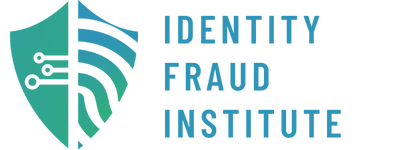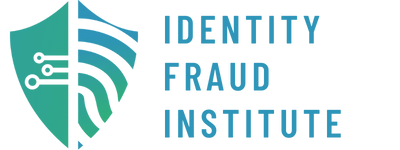RAISING THE BAR ON IDENTITY THEFT RESTORATION AND PREVENTION
Become an Accredited Identity Fraud Investigator Today!
professional certification
What is the AIFI designation?
The Identity Fraud Institute establishes national certification standards for identity fraud investigators and bestows the title of Accredited Identity Fraud Investigator™ upon individuals who fulfill the requisite professional criteria and successfully navigate rigorous written examination. Following the award of this designation, Accredited Identity Fraud Investigators are obligated to enhance their professional advancement by accruing continuing educational credits and upholding the elevated standards set forth by the Accredited Identity Fraud Investigator Program.
Two Ways to Get Started
Learn on your own.
Enroll in our AIFI test-prep course today which includes access to the AIFI onine manual and exam. You'll have two attempts to pass the exam.
Write your awesome label here.
Write your awesome label here.
Learn with help with our LIVE online learning prep course bundle.
Get prepared for the AIFI exam with our online manual and access to the AIFI exam, PLUS live online test-prep. The live online course is taught by founder and expert Carrie Kerskie. This option includes 12-months access to the AIFI manual and exam, PLUS THREE-months access to live test prep session recordings. Two-weeks of live learn for an hour a day.
AIFI requirements and Code of Conduct
AIFI Requirements
AIFI Code of Conduct
Meet the instructor
Carrie Kerskie
Carrie Kerskie is a highly
sought-after speaker and consultant on identity theft, fraud, and cyber
threats. She is a preferred speaker for NASA/Kennedy Space Center. She
is also the President of Kerskie Group, a private investigation agency
located in Naples, FL since 2001. Kerskie Group provides identity fraud
risk management services to executives and private clients.
Carrie is the author of two books, Your Public Identity; Because Nothing is Private Anymore and Protect Your Identity. Carrie is also the founder of the Identity Fraud Institute and host of the Privacy Mentor podcast.
As a media favorite, she’s been featured in numerous publications such as Consumer Reports, KrebsOnSecurity.com, and MarketWatch. She appears regularly on NBC, ABC, and FOX.
Recent Awards and Recognitions
Carrie is the author of two books, Your Public Identity; Because Nothing is Private Anymore and Protect Your Identity. Carrie is also the founder of the Identity Fraud Institute and host of the Privacy Mentor podcast.
As a media favorite, she’s been featured in numerous publications such as Consumer Reports, KrebsOnSecurity.com, and MarketWatch. She appears regularly on NBC, ABC, and FOX.
Recent Awards and Recognitions
- In 2019 BMO Celebrating Women lauded Carrie with the Women Who Lead award and the Naples North Rotary Club honored Carrie as their Rotarian of the Year
- In 2017 Collier Citizens Council inaugural Murray Hendel Civic Achievement award honoring individuals who have made extraordinary contributions to the community. In addition, she was presented with a Florida Senator’s Proclamation by Florida Senate Majority Leader Kathleen Passidomo.
- In 2015 Carrie was the driving force behind strengthening Florida’s identity theft laws including making business identity theft a crime in the state.
- In 2014 Congressman Diaz-Balart lauded Carrie with a Congressional Record for her work on identity theft.
- In 2010 FAPI Harvey E Morse Founders Award for outstanding service to FAPI, its members and the private investigation industry.
Write your awesome label here.


